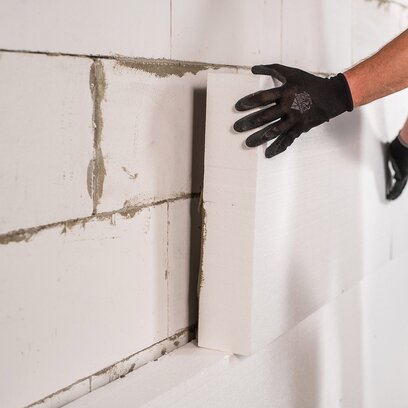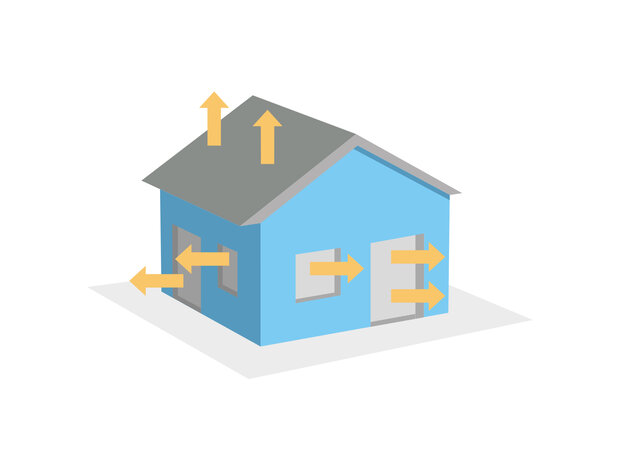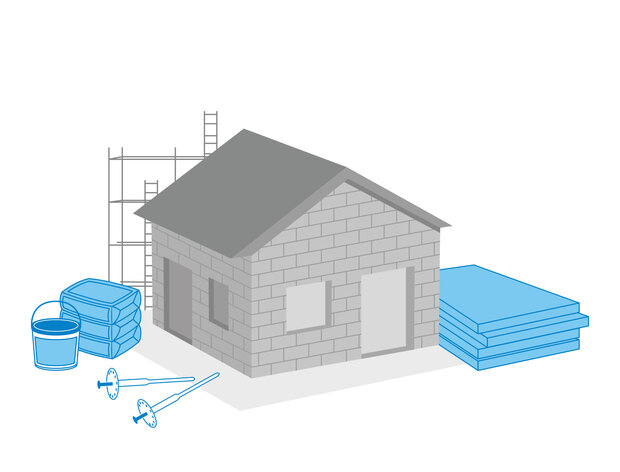Most heat usually escapes through the external walls, although this will vary considerably depending on the type of building. This can be as much as 30-40% of the total heat loss.
The amount of heat loss is essentially determined by the heat transfer coefficient of the structural elements and the materials used in the insulation system. This depends, among other things, on the material and thickness of the walls and individual elements, the number of layers of render, the quality of the insulation and the method of construction.
Investing in insulation pays immediate dividends for property owners. Energy-efficient properties are more attractive to buyers and tend to sell faster and at higher prices in the competitive real estate market. The initial cost of insulation is quickly recouped through increased property value, making it a smart financial move.
The decision to invest in a modern thermal insulation system is proving to be more than just a home improvement; it's a move that can significantly enhance property value. According to recent surveys, properties undergoing renovation with upgraded insulation systems witness an average value increase of 10-15 percent.
Beyond the immediate return on investment, the financial benefits extend to lower utility bills, with heating and cooling costs showing substantial reductions over time. This article explains the details of investing in insulation and shows how this seemingly simple decision can lead to returns and long-term energy savings.
Insulation planning in particular requires a large number of considerations. Modernisation projects have special requirements, but new buildings also require forward-looking planning. How are technical regulations developing and what impact does this have on the valuation of buildings?
Read more about insulation planning and the impact on the value and efficiency of your home here.
Cemix has decades of experience in the development and design of thermal insulation systems for façades. Thermosystem facade insulation systems are complex, made up of a careful selection of highly performing materials, accessories and technical specifications for their use and installation.




